Articles
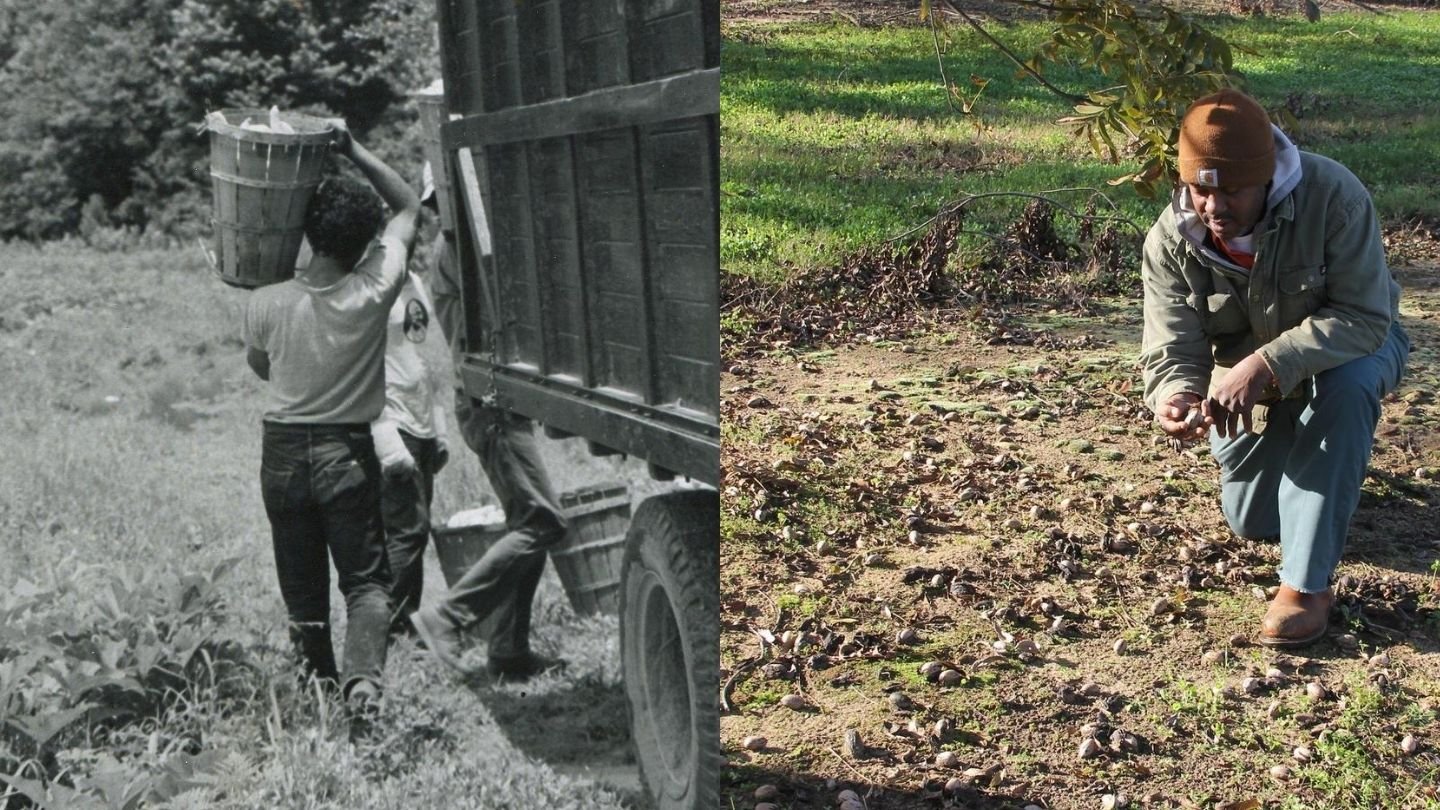
Learn the Story of the Black Farmers Who Grow Equal Exchange Pecans
When you own the land you farm, you decide what to plant, when to harvest, and which maintenance methods to use. More importantly, you’re the one who controls your own livelihood. For Black farmers in the United States, land ownership is tied to freedom. But systematic racial discrimination has pushed many out of agriculture.
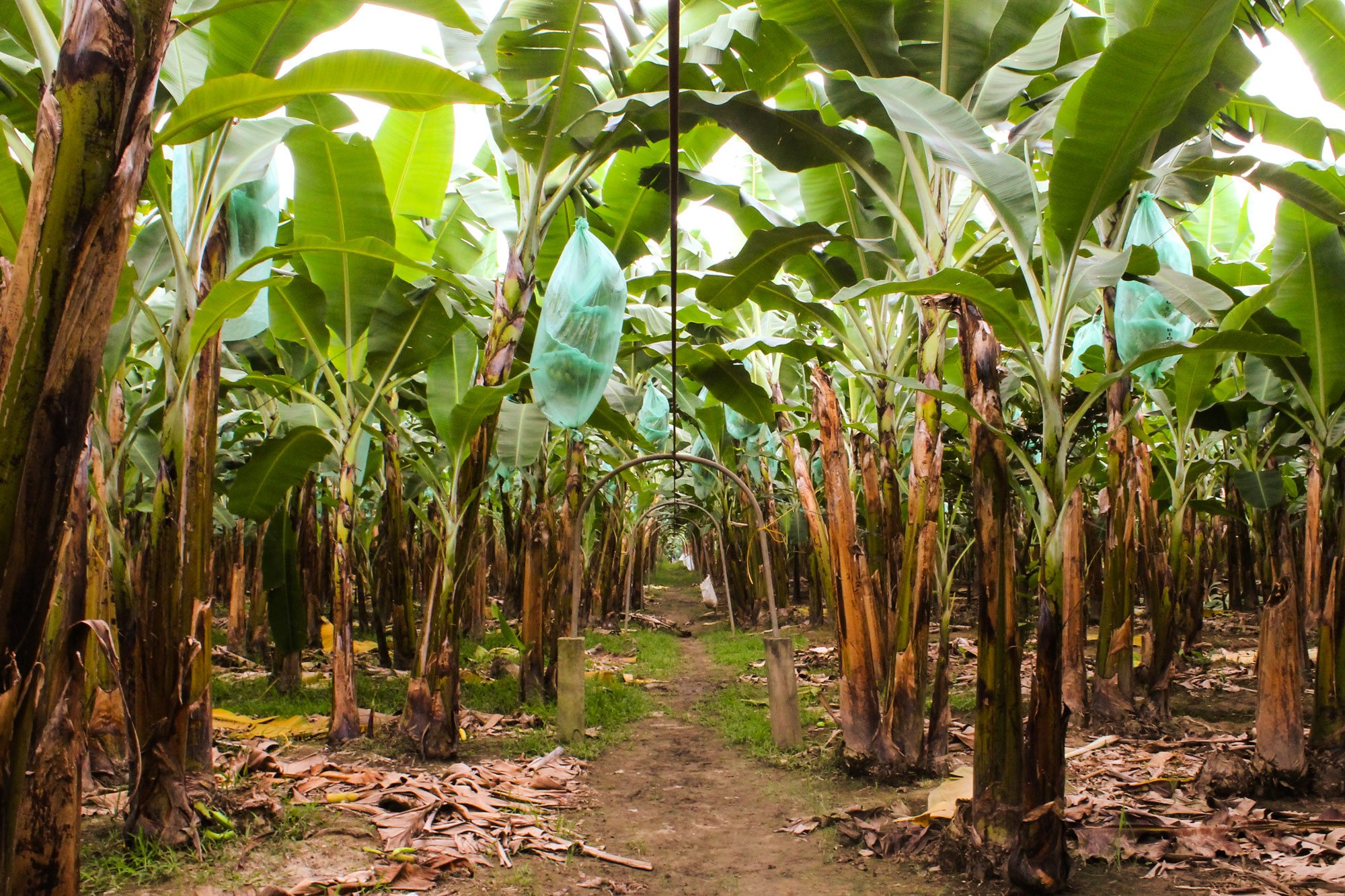
Cooperative Bananas, in Dollars and Cents
When you purchase a conventional banana at a grocery store, there are certain costs that your everyday low price covers: the fruit itself; the international shipping costs; the trucking from the warehouse to the grocery stores. These costs are internalized, meaning they’re accounted for in the final price you pay. But there are hidden costs to banana production that you won’t pay a cent for at the cash register.
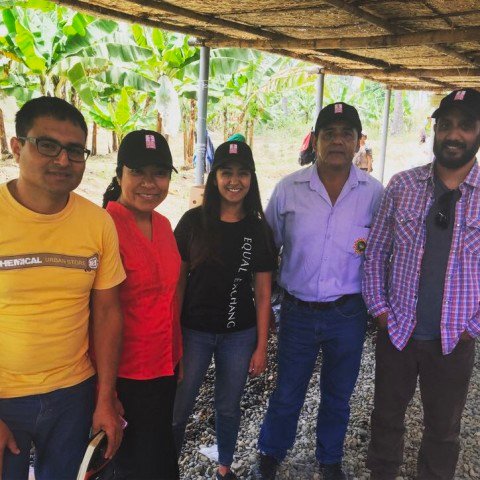
Unconventional Bananas in Peru: Interview with Julio Oscar Gallegos Herrera-Rambla
Equal Exchange works with a movement of independent businesses–farmer co-ops, distributors, stores–to create a banana supply chain that is unconventional at every step. In a sensitive industry, we look to the farmer organizations revolutionizing the banana trade to envision a future in which the industry represents and benefits all stakeholders.
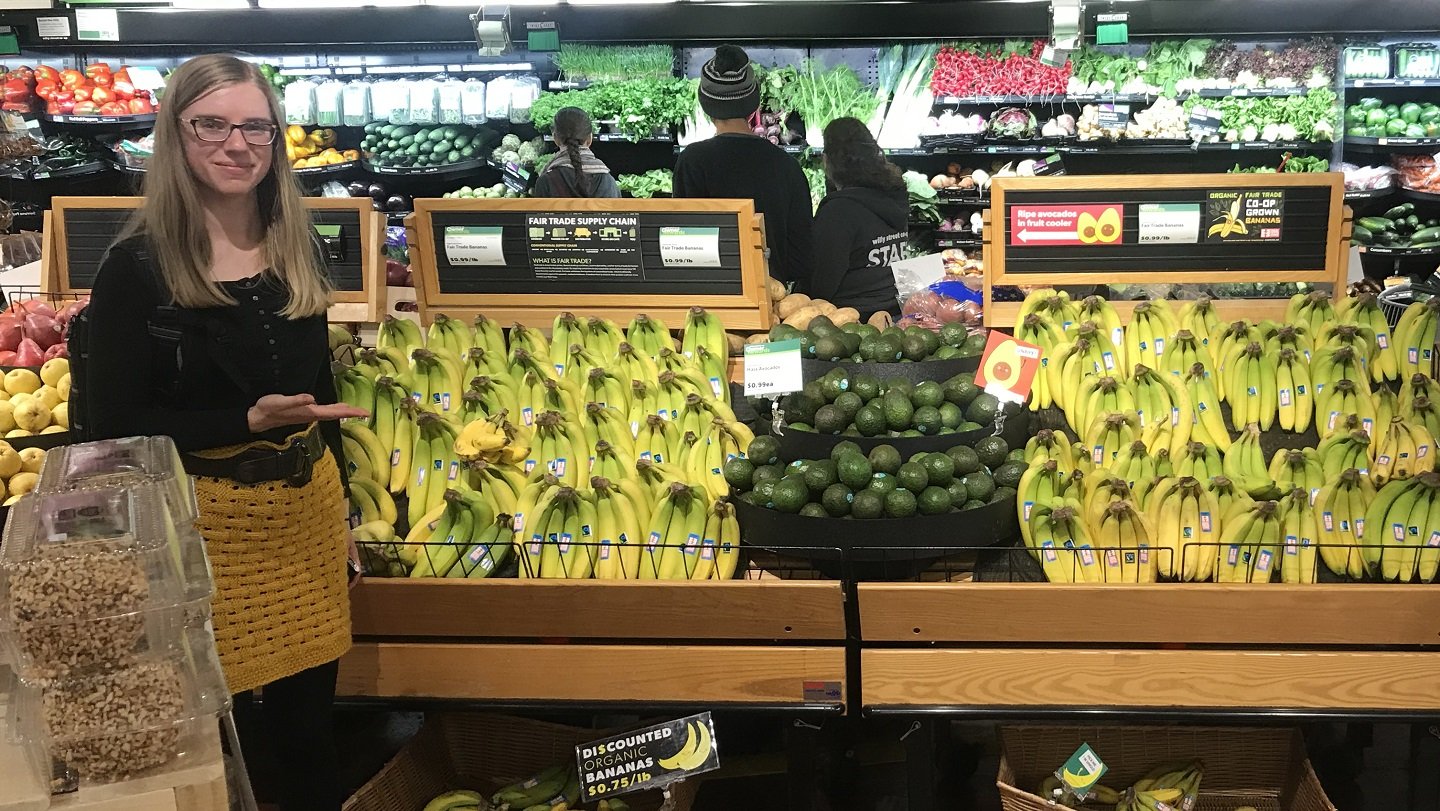
Fighting TR4 at Your Grocery Store: A Consumer Action Guide
Part Three explores how you and your grocery store can contribute to the fight against TR4 with six actions to take.
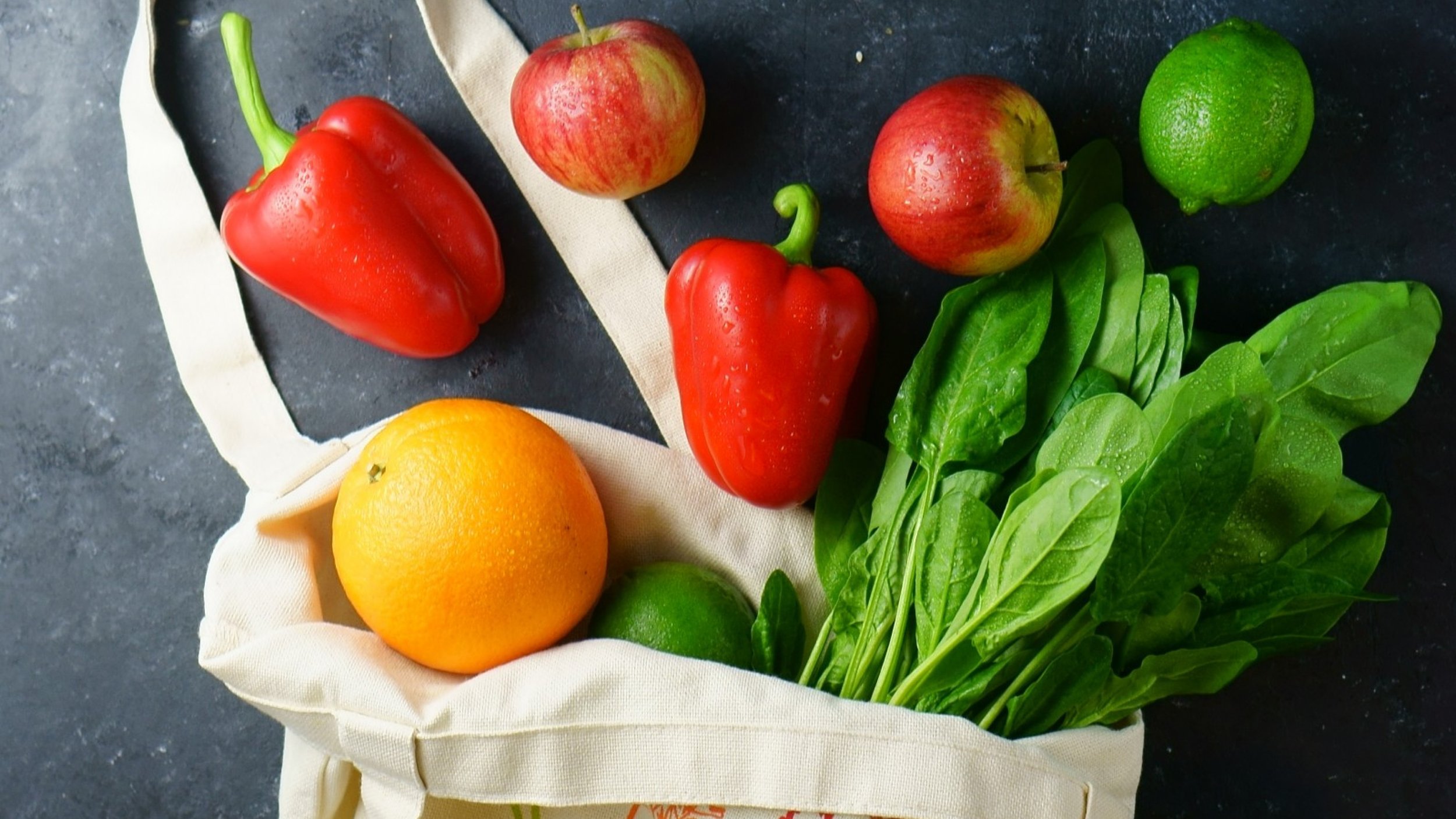
The Citizen-Consumer Dilemma: Part Two Continued
In Part One of the Citizen-Consumer Dilemma series, we described key problems we need to address, challenge and solve if we want to create a just food system. In Part Two, post one, we dug into the successes and failures of Fair Trade and Certifications as food system reforms. And now, we look to Food Co-ops and Boycotts.

The Citizen-Consumer Dilemma: Part Two
Fortunately, there have been movements and models that have attempted to address, challenge and change food system problems and create food justice, solidarity, and authentic citizen-consumer actions. Over the next two posts, we will examine and analyze four different reforms spawned by these movements.
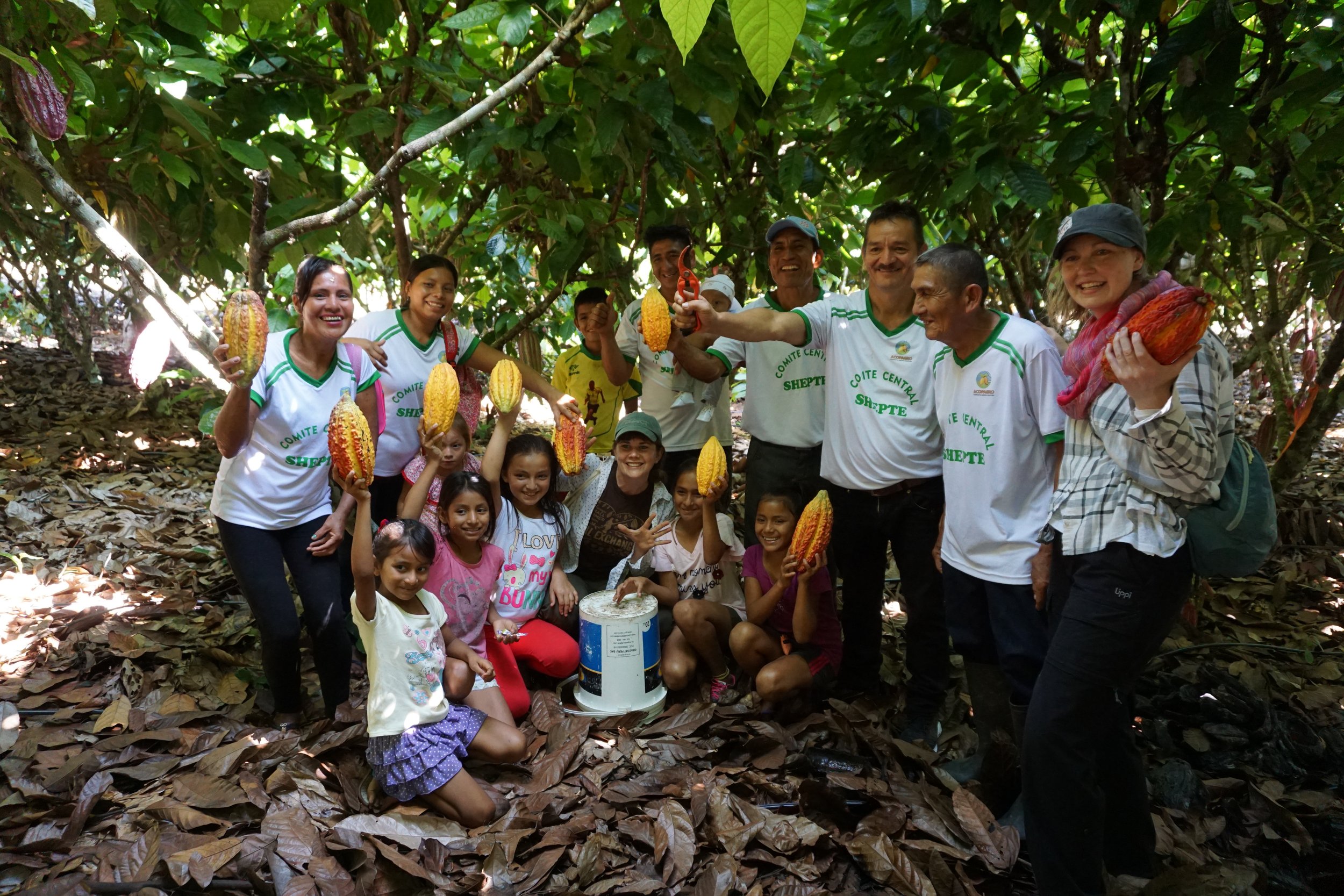
Our Model: Authentic Fair Trade
Fair Trade is a way of doing business that ultimately aims to keep small farmers an active part of the world marketplace, and aims to empower consumers to make purchases that support their values.
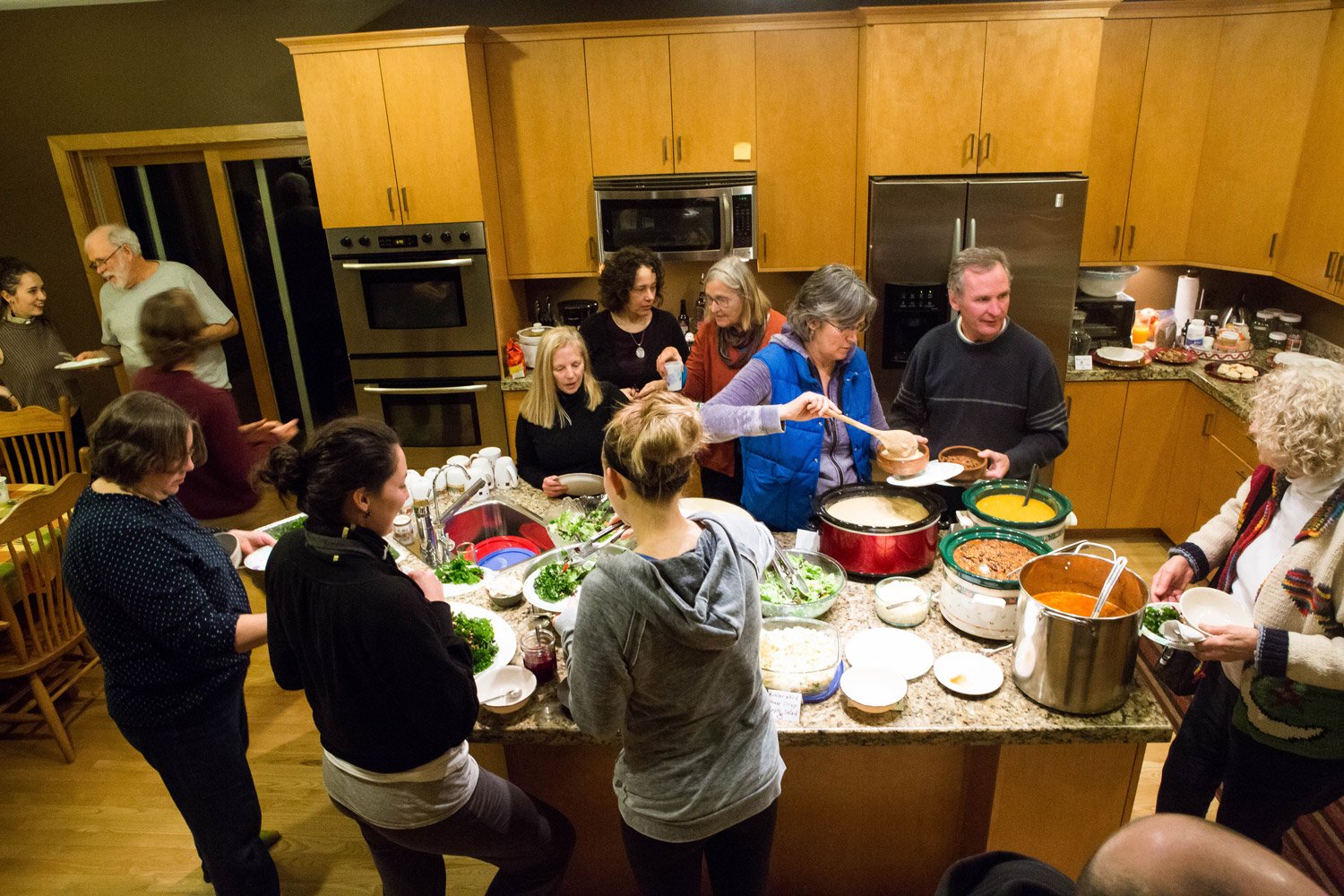
A Conversation with Edith Stacey-Huber
Edith Stacey-Huber is passionate about food. She is the creator of the food buying club Authentic Provisions just outside of Ann Arbor, Mich. Authentic Provisions aims to reconnect people in the community to the food, land, and farmers who sustain them, through collective purchasing outside of the corporate food system.
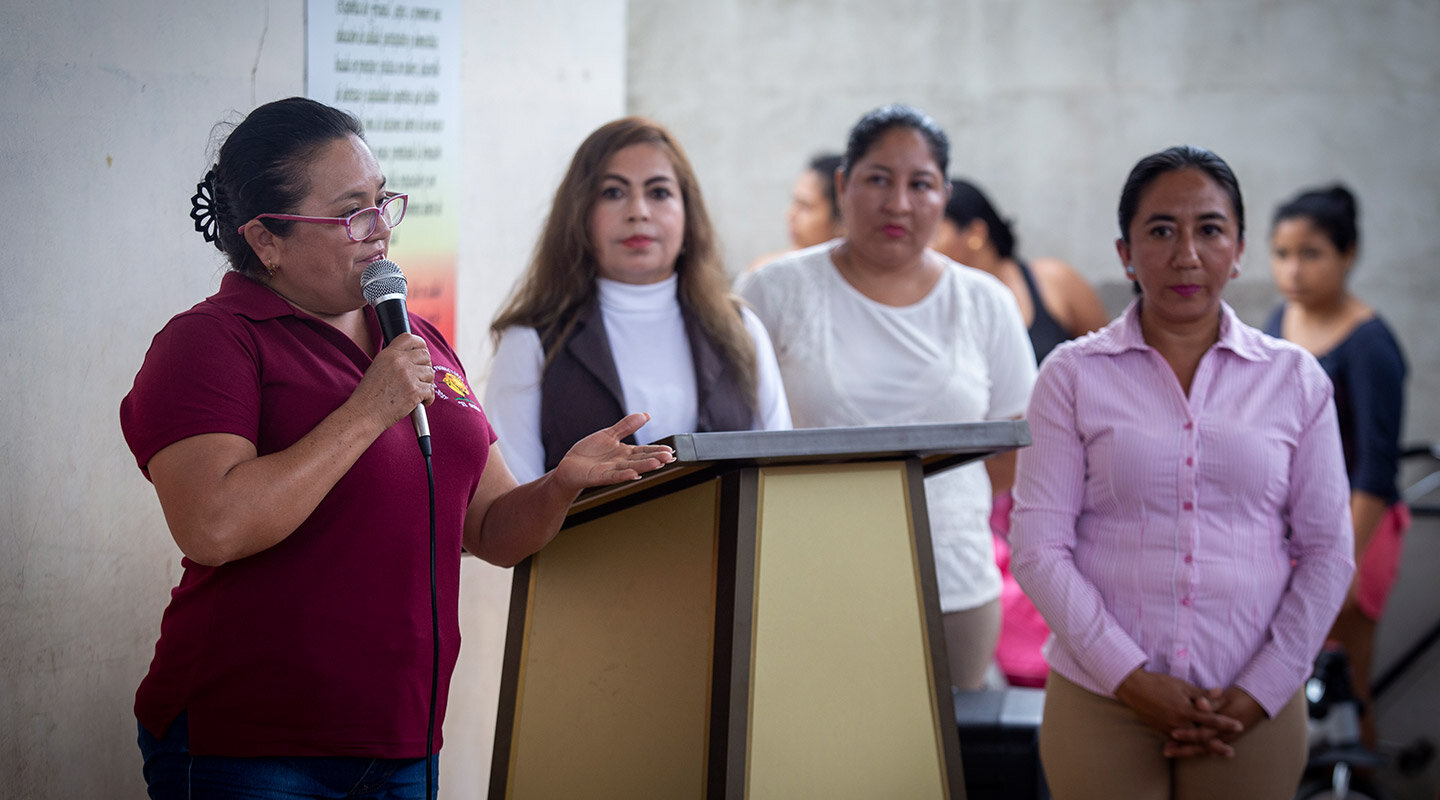
Power to the (Women) Farmers
In the fair trade world, farmers form the backbone of the supply chain and are essential partners for the businesses with whom they work. However, in discussions about farming, well-intentioned speakers on the receiving end of the supply chain tend to fit farmers into boxes, conjuring an image of “The Farmer” as a middle-aged (and in the U.S., white) male.

How a Bruised Banana Can Save the World
Over the past year, we have had to adjust our lives to unexpected changes, and adapt to new ways of socializing, shopping, and eating. In the early days of the COVID-19 pandemic, many of us may have experienced shortages at local grocery stores, while others may have embraced meal kits and delivery services.

Building the People’s Food System: Next Steps
We’re excited to announce the start of a new initiative to support fellow independent food businesses in New England and around the country. For those who have followed us over the past several years, you know that the threat to small companies posed by massive consolidation in the food industry is something we have written and spoken about at length.

